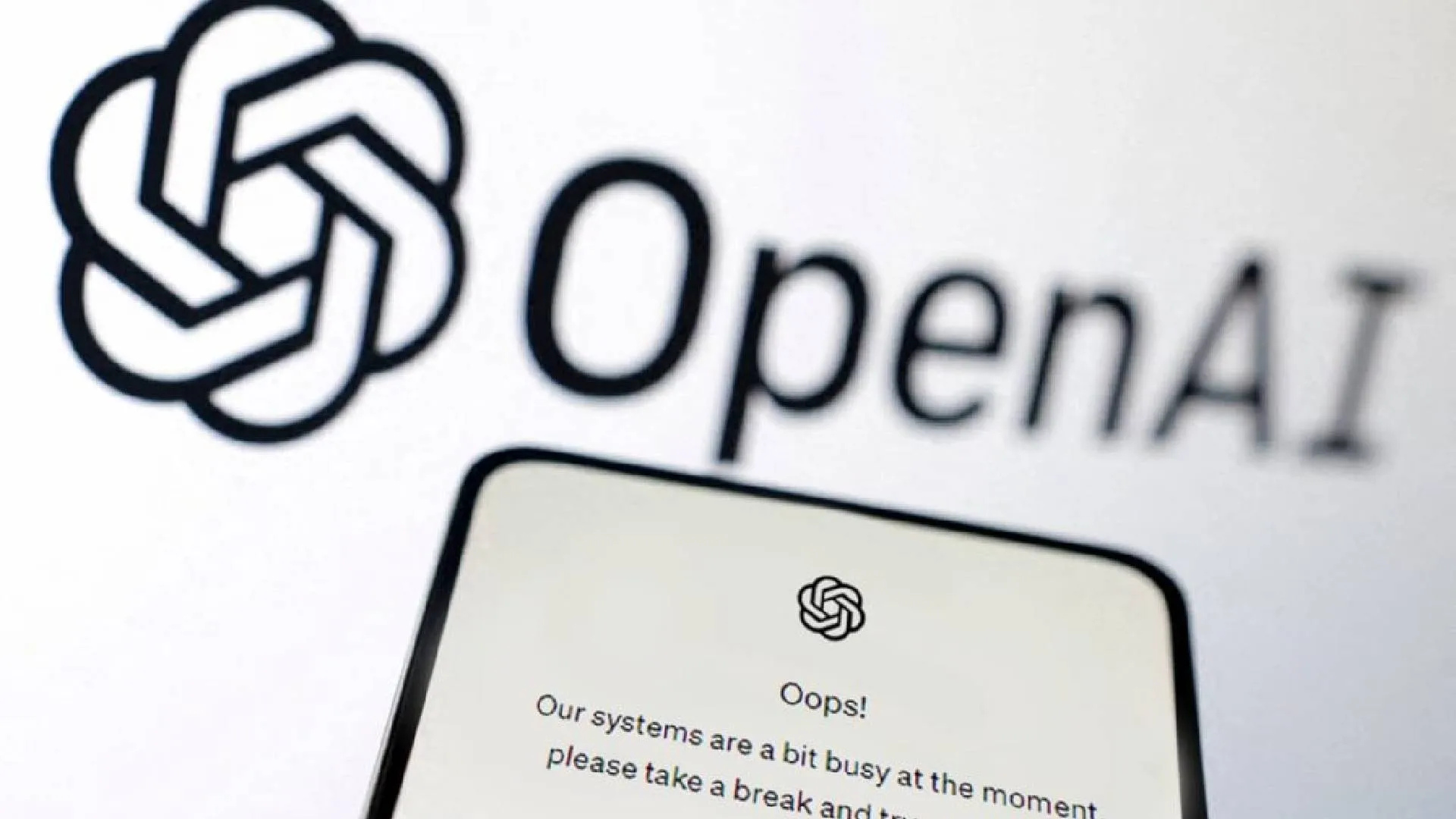The Delhi High Court in the case Raghunath Builders Pvt. Ltd. v. Anant Raj Limited observed and has allowed restoration of an arbitral award, noting that it was not within the scope of the Single Judge under section 34 of Arbitration and Conciliation Act to re-interpret the contract between the parties and substitute the finding of the Arbitrator’s despite it being plausible and well-reasoned.
The court also referred to the case Ssangyong Engineering and Construction Co. Ltd. v. NHAI, wherein the court stated that the change that has been brought in by the Amendment Act, 2015 is that the construction of the terms of a contract is primarily for an arbitrator to decide, unless the arbitrator construes the contract in a manner that no fair-minded or reasonable person would and in short that the view of the arbitrator is not even a possible view to take.
Therefore, the court applied to the test laid down in Associate Builders v. DDA on the scope of interference under section 34 on the ground of ‘public policy’.
The court in the case observed that the Arbitrator had given a plausible interpretation to the contract terms which was not against ‘public policy’ and did not shock the conscience of the court.
The bench comprising of Justice Suresh Kumar Kait and Justice Neena Bansal Krishna that if an Arbitrator wanders beyond the contract and deals with matters not allotted to him, he commits an error of jurisdiction and would fall within the new ground of ‘patent illegality’ added under section 34(2A).
Therefore, the respondent in the case had entered into an agreement for development of land owned by the appellant and the tenants occupying the part of the land were to be evicted and sanction plans obtained.
Further, the respondent failed to obtain necessary sanctions in time to commence work and as such, it revoked the SPA and GPA (PoAs) executed in favour of representative of respondents.
It has also been observed by the court that the PoAs were revocable as they only conferred limited rights on the respondent for development of the project (essentially eviction of tenants.
The court also noted that the respondent failed to fulfil its end of the bargain, as over a period of 8 years, it only got occupants of 14 tenancies evicted.
It has also been opined by the said court that the termination period was to be considered from the date of commencement of agreement, the Arbitrator also held that the agreement had been validly terminated. Thus, the single Judge set aside the award.
The appellant contended before the Division bench that the single judge went beyond the scope of Section 34 by re-appreciating merits and two issues arose viz. whether PoAs were revocable and whether the contract was validly terminated.
The bench in the case observed and has approved the Arbitrator’s interpretation of the contract terms in a commercial sense.
The court reiterated that the scope of grounds on which an Arbitral Award can be challenged under Section 34 of the Act is limited.
Further, the court stated that the interpretation of a contract is a matter for the arbitrator to determine, even if it gives rise to determination of a question of law.
The Division bench in the case observed and has again concurred with the Arbitrator’s view i.e., counting the termination period from the date when entire tenanted area was vacated would have given the respondent indefinite time for obtaining necessary sanctions, but the said interpretation could not be afforded to any development contract.
The counsel, Advocates Mr. Sanjiv Sen, Sr. Advocate with Mr. Ujjal Banerjee, Mr. Akash Khurana, Ms. Anjali Singh & Ms. Radha Gupta appeared for the appellant.
The counsel, Advocates Mr. Ritin Rai, Sr. Advocate with Mr. Soham Ksumar, Ms. Prathana Singhania & Mr. Abel Thomas represented for respondent.

















